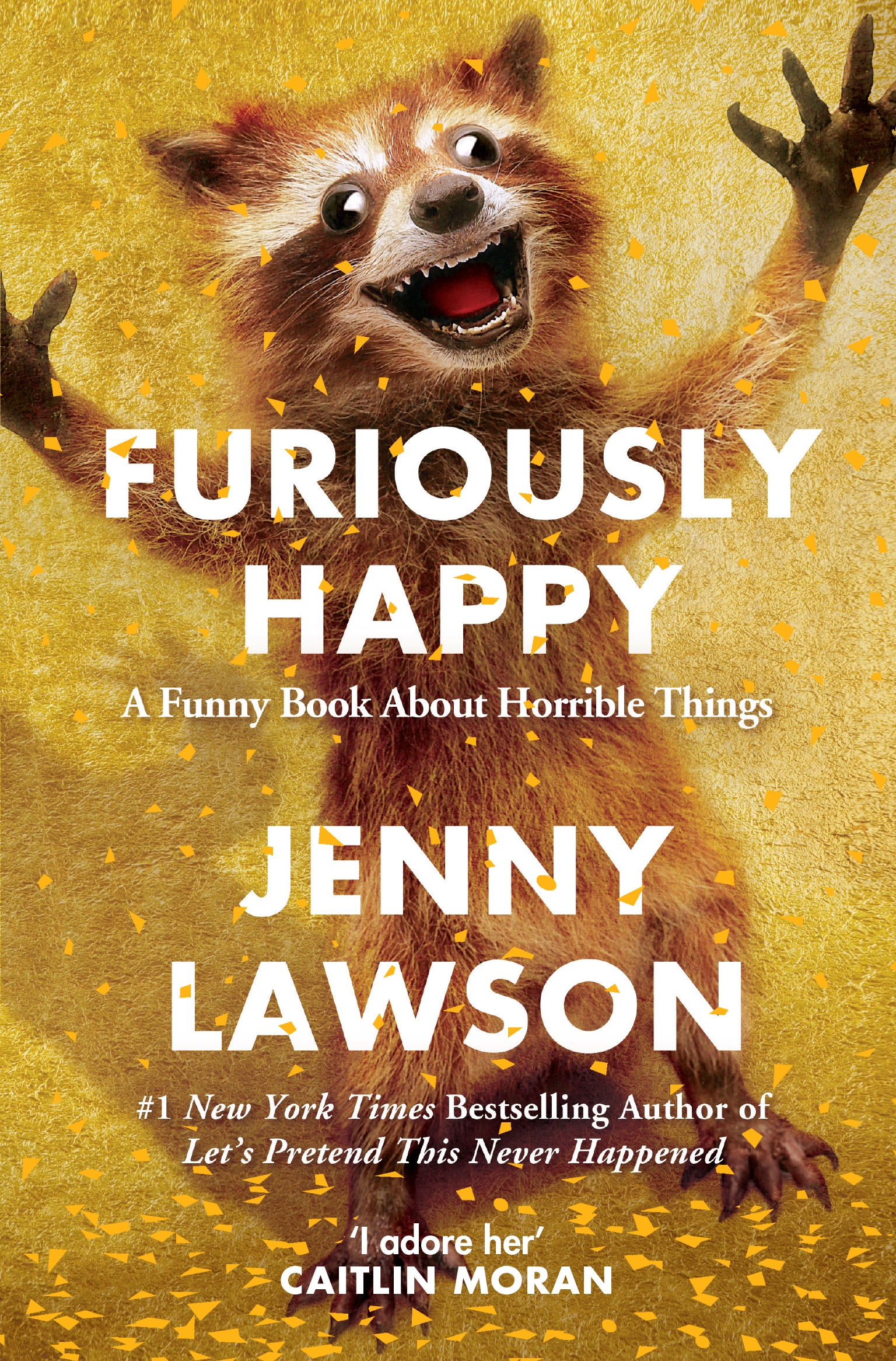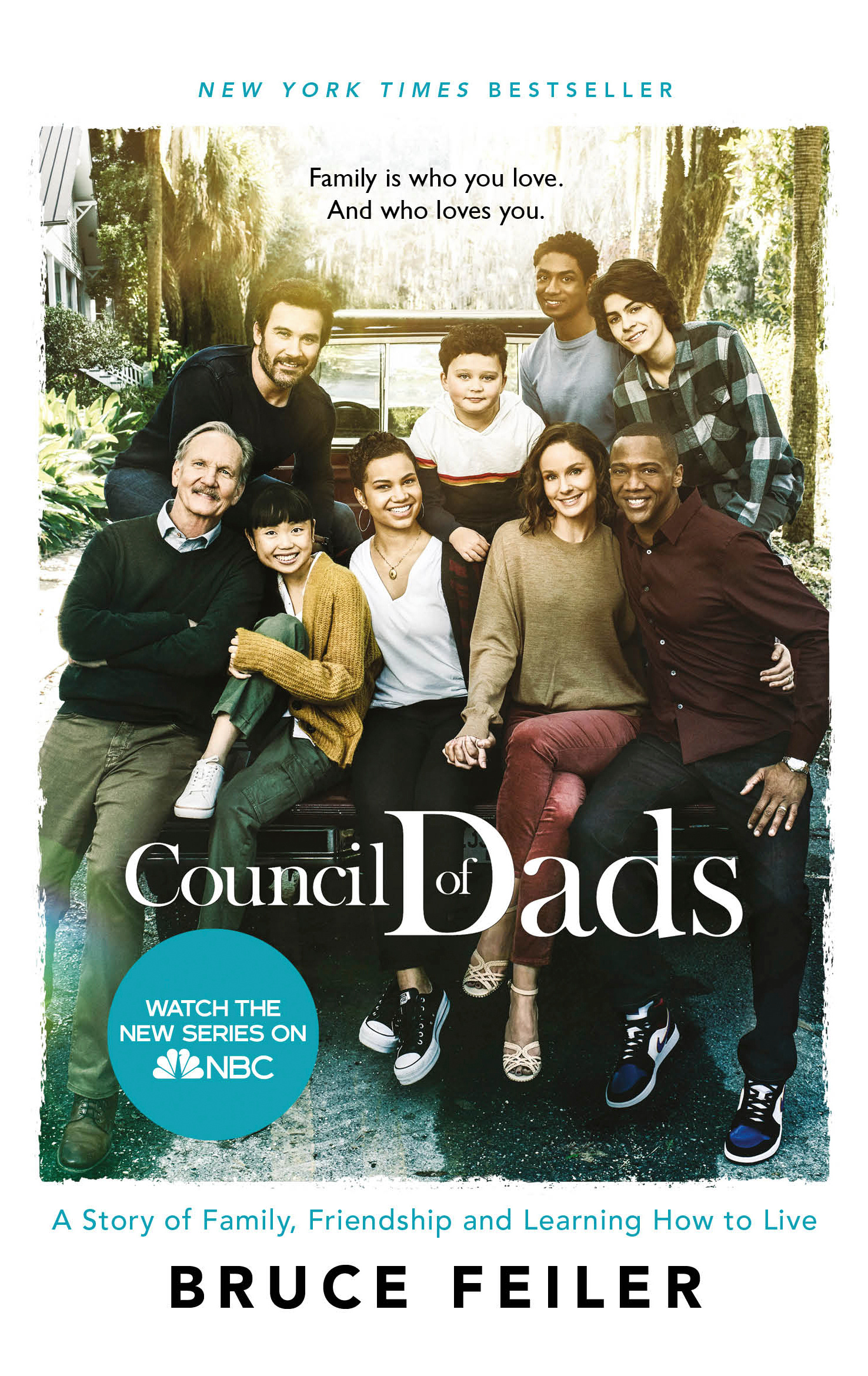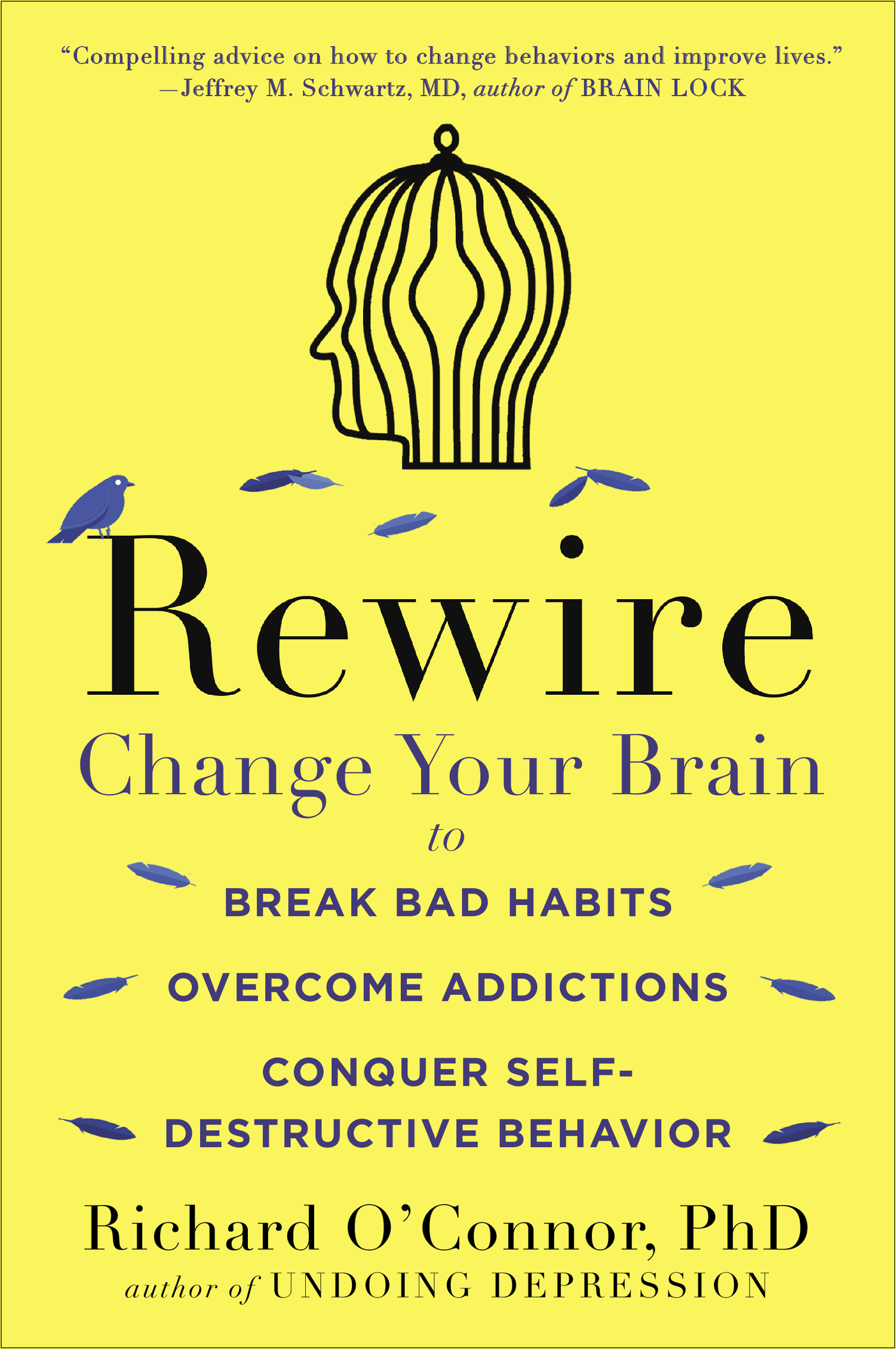How and why we think like we do has been the subject of studies for years and historically left to the world of scholars. These days we are more interested in how our thoughts are shaped, how we can control our thinking and understand where our ideas come from.
We have scoured the literary world and found six fascinating titles that aim to unpack our thinking and challenge us to let go of old ideas and embrace a more open approach to how we play our part in society.
Making Sense by Sam Harris
Sam Harris, neuroscientist, philosopher, podcaster and bestselling author, has been exploring some of the greatest questions concerning the human mind, society, and the events that shape our world. His search for deeper understanding of how we think has led him to engage and exchange with some of our most brilliant and controversial contemporary minds in order to unpack and understand ideas of consciousness, free will, extremism, and ethical living. For Harris, honest conversation, no matter how difficult or contentious, represents the only path to moral and intellectual progress. Featuring twelve conversations from the hit podcast, these electric exchanges fuse wisdom with rigorous interrogation to shine a light on what it means to make sense of our world today.
Human Kind by Rutger Bregman
It’s a belief that unites the left and right, psychologists and philosophers, writers and historians. It drives the headlines that surround us and the laws that touch our lives. From Machiavelli to Hobbes, Freud to Dawkins, the roots of this belief have sunk deep into Western thought. Human beings, we’re taught, are by nature selfish and governed by self-interest. Humankind makes a new argument that it is realistic, as well as revolutionary, to assume that people are good. By thinking the worst of others, we bring out the worst in our politics and economics too. In this major book, internationally bestselling author Rutger Bregman takes some of the world’s most famous studies and events and reframes them, providing a new perspective on the last 200,000 years of human history. From the real-life Lord of the Flies to the Blitz, a Siberian fox farm to an infamous New York murder, Stanley Milgram’s Yale shock machine to the Stanford prison experiment, Bregman shows how believing in human kindness and altruism can be a new way to think and act as the foundation for achieving true change in our society. It is time for a new view of human nature.
Phosphorescence by Julia Baird
Over the last decade, we have become better at knowing what brings us contentment, well-being, and joy. We know, for example, that there are a few core truths to science of happiness. We know that being kind and altruistic makes us happy, that turning off devices, talking to people, forging relationships, living with meaning, and delving into the concerns of others offer our best chance at achieving happiness. But how do we retain happiness? It often slips out of our hands as quickly as we find it. So, when we are exposed to, or learn, good things, how do we continue to burn with them? And more than that, when our world goes dark, when we’re overwhelmed by illness or heartbreak, loss or pain, how do we survive, stay alive or even bloom? In the muck and grit of a daily existence full of disappointments and a disturbing lack of control over many of the things that matter most; finite relationships, fragile health, fraying economies, a planet in peril, how do we find, nurture, and carry our own inner, living light a light to ward off the darkness?
How To Argue With A Racist by Adam Rutherford
Race is real because we perceive it. Racism is real because we enact it. But the appeal to science to strengthen racist ideologies is on the rise and increasingly part of the public discourse on politics, migration, education, sport and intelligence. Stereotypes and myths about race are expressed not just by overt racists, but also by well-intentioned people whose experience and cultural baggage steers them towards views that are not supported by the modern study of human genetics. Even some scientists are uncomfortable expressing opinions deriving from their research where it relates to race. Yet, if understood correctly, science and history can be powerful allies against racism, granting the clearest view of how people actually are, rather than how we judge them to be. This book is a vital manifesto for a twenty-first century understanding of human evolution and variation, and a timely weapon against the misuse of science to justify bigotry.
The Great Guide by Julian Baggini
Invaluable wisdom on living a good life from one of the Enlightenment’s greatest philosophers David Hume (1711–1776) is perhaps best known for his ideas about cause and effect and his criticisms of religion, but he is rarely thought of as a philosopher with practical wisdom to offer. Yet Hume’s philosophy is grounded in an honest assessment of nature—human nature in particular. The Great Guide is an engaging and eye-opening account of how Hume’s thought should serve as the basis for a complete approach to life. In this enthralling book, Julian Baggini masterfully interweaves biography with intellectual history and philosophy to give us a complete vision of Hume’s guide to life. He follows Hume on his life’s journey, literally walking in the great philosopher’s footsteps as Baggini takes readers to the places that inspired Hume the most, from his family estate near the Scottish border to Paris, where, as an older man, he was warmly embraced by French society. Baggini shows how Hume put his philosophy into practice in a life that blended reason and passion, study and leisure, and relaxation and enjoyment. The Great Guide includes 145 Humean maxims for living well, on topics ranging from the meaning of success and the value of travel to friendship, facing death, identity, and the importance of leisure. This book shows how life is far richer with Hume as your guide.
Letters From A Stoic by Donald Robertson
Lucius Annaeus Seneca is one of the most famous Roman philosophers. Instrumental in guiding the Roman Empire under emperor Nero, Seneca influenced him from a young age with his Stoic principles. Later in life, he wrote Epistulae Morales ad Lucilium, or Letters from a Stoic, detailing these principles in full. Seneca’s letters read like a diary, or a handbook of philosophical meditations. Often beginning with observations on daily life, the letters focus on many traditional themes of Stoic philosophy, such as the contempt of death, the value of friendship and virtue as the supreme good. Using Gummere’s translation from the early twentieth century, this selection of Seneca’s letters shows his belief in the austere, ethical ideals of Stoicism, teachings we can still learn from today.
Enjoy!










